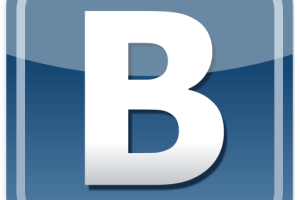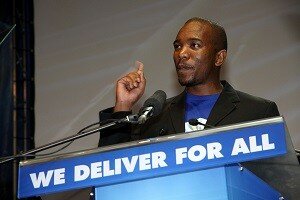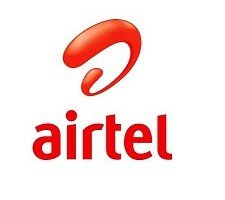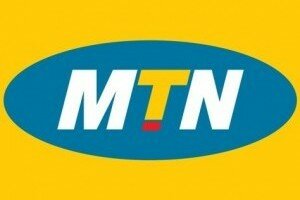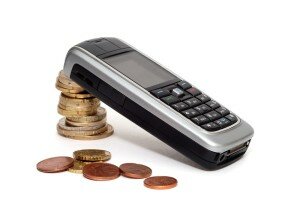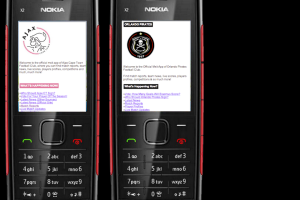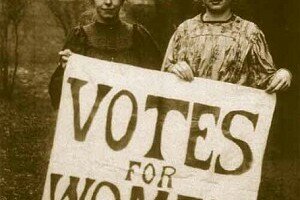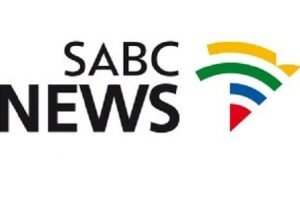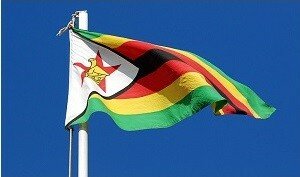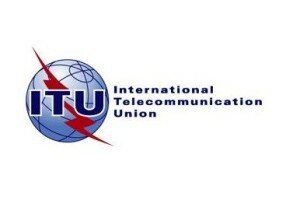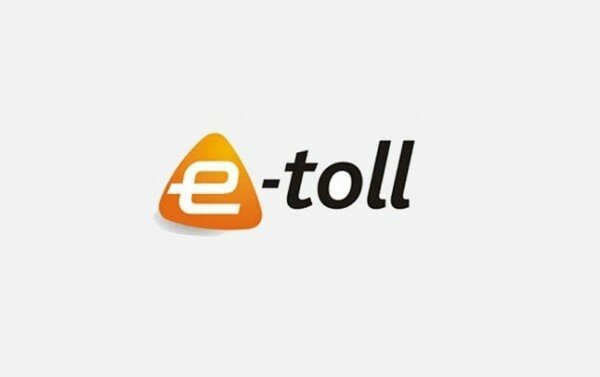
ZAR25 million (US$2.5 million) is the approximate amount which the South African Roads Agency Limited (SANRAL) has to pay per month to the Electronic Toll Collection (ETC), the company implementing e-tolling in Gauteng, South Africa.
According to a report by the Independent Online (IOL), Vusi Mona, spokesperson for SANRAL and Alex Van Niekerk, manager of the Gauteng Freeway Improvement Project (GFIP), explained the road agency’s current financial situation to the press at a media briefing today.
Despite the delays to e-tolling, Van Niekerk said SANRAL is ready for the implementation of e-tolling and is awaiting president Jacob Zuma’s signature on the Transport Laws and Related Matters Amendment Bill.
According to van Niekerk, the system is in a “soft-tolling phase,” meaning e-tolling is being live-tested while they wait for Zuma’s approval.
The ZAR25 million payments per month to ETC were said to be for services including building costs, system maintenance, banking fees, employee salaries and taxes.
Van Niekerk said they are ready for both cost extremes.
The first example is the project runs smoothly, meaning all motorists purchase an e-tag while the other example is people refuse to cooperate, which will then result in postage, debt collection and phone call fees.
“We have planned to handle both the volumes” of both situations, said Van Niekerk. Due to the delays, SANRAL has been unable to raise bonds within the open market.
Regarding earlier reports of SANRAL being broke, Mona said this is incorrect.
He explained 84 per cent of SANRAL’s funding was sourced from the National Treasury, which does not include toll roads. The large portion of the 16 per cent were tolls, which are owned by concessionaires.
Apparently it is the 1,800km of toll roads that are facing financial shortages. However, Mona did say SANRAL requires ZAR1.48 billion (US$105.6 million) to pay its debts off, which the agency plans to approach commercial banks for.
SANRAL is reportedly losing ZAR200 million (US$20.1 million) every month in which e-tolling is delayed.
“We are reaching a stage within the next three months when [finances] will become critical,” IOL quoted Van Niekerk as saying.







